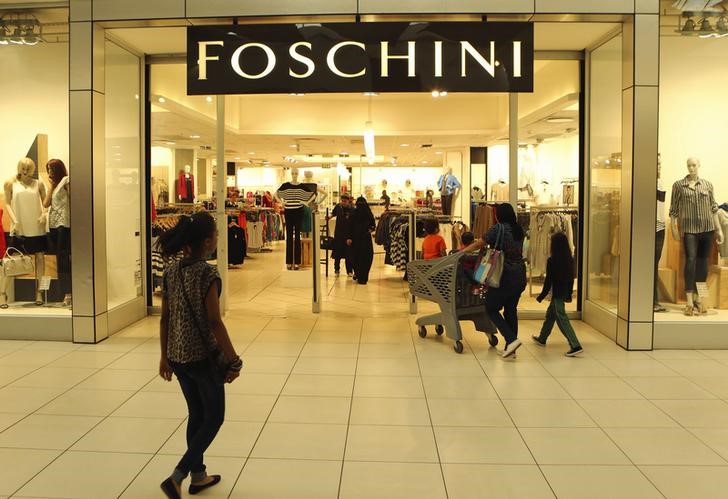
Another South African Retail Brand Headed to Australia
JOHANNESBURG (Reuters) – South African clothing and homeware retailer The Foschini Group (TFG) said on Thursday it was launching one of its African retail brands in Australia to test appetite outside its traditional market. The move announced by outgoing CEO Doug Murray and his successor, Anthony Thunström, aims to show whether TFG’s local brands can […]

JOHANNESBURG (Reuters) – South African clothing and homeware retailer The Foschini Group (TFG) said on Thursday it was launching one of its African retail brands in Australia to test appetite outside its traditional market.

The move announced by outgoing CEO Doug Murray and his successor, Anthony Thunström, aims to show whether TFG’s local brands can thrive in more developed markets than Sub-Saharan Africa where weak economies are seen limiting potential.
“We will have six stores open on a test basis by the end of this year,” Thunström said without naming the brand.
“Our own modelling suggests that if the six stores work we can get up to well over 100 of those stores in Australia and if it works in Australia it can work elsewhere,” he added.
TFG, which also owns American Swiss, started in Australia in 2017 when it bought menswear chain Retail Apparel Group for 302.5 million Australian dollars ($220.4 million).
“We think we’ll go into Australia with this brand and be a disrupter. Australians have been seen for many years to come to South Africa and be disrupters, well we can (also) go into Australia and be disrupters,” Murray said.
TFG’s rival Woolworths Holdings has also built up its Australian operations, acquiring David Jones. But it has faced delays in redeveloping that business.
Woolworths booked an impairment charge of R6.9 billion ($470.87 million) this year against the carrying value of David Jones as a result of the cyclical downturn and structural changes that have hurt the Australian retail sector.
Launched in 1924, TFG has 28 brands in 32 countries, mostly in Africa. TFG said it was “extremely cautious” on expanding in Africa due to a mix of lacklustre economic growth, the high cost of rental agreements and infrastructure bottlenecks.
(Reporting by Nqobile Dludla; Editing by Edmund Blair)
